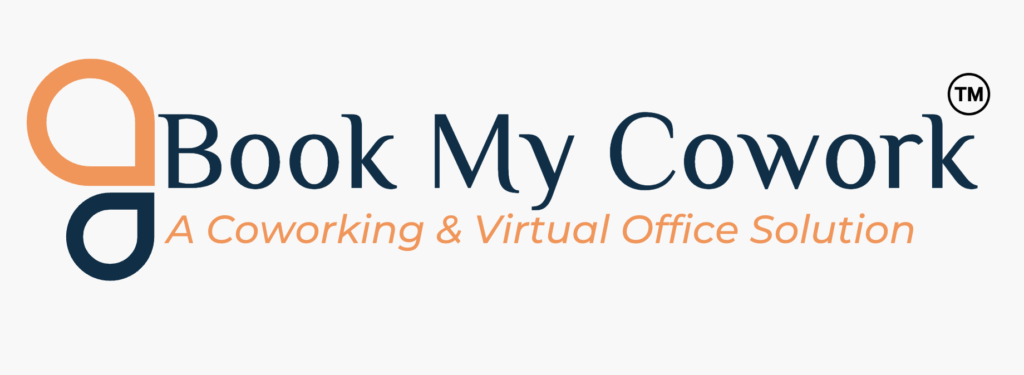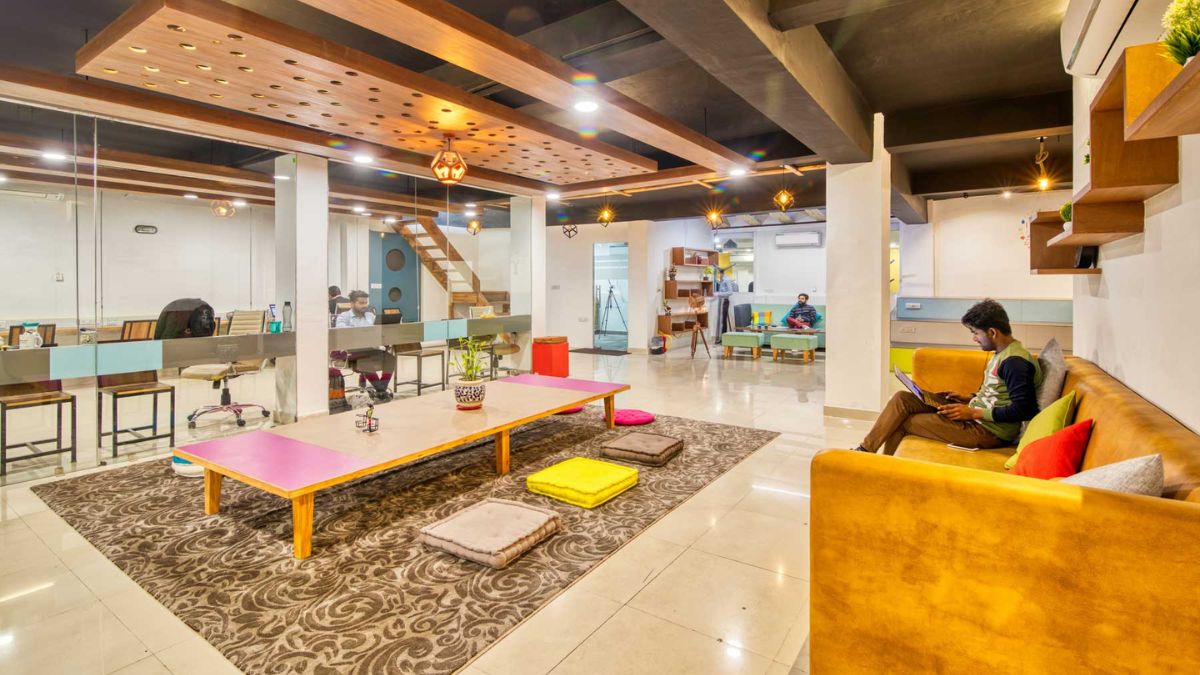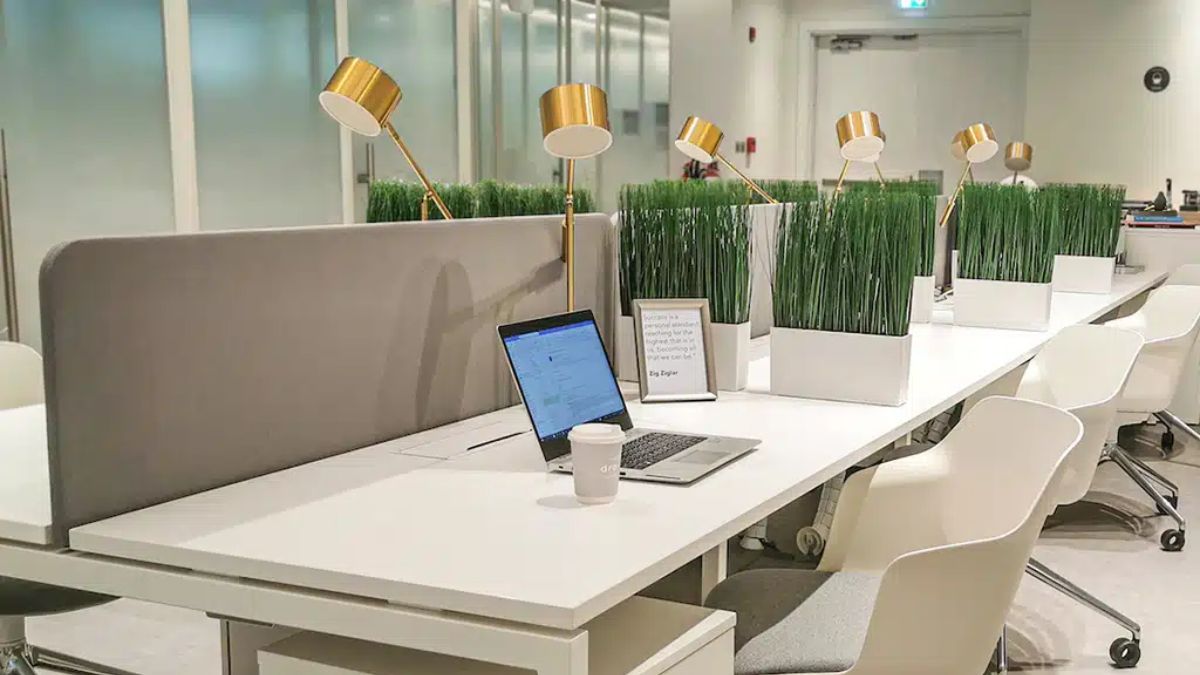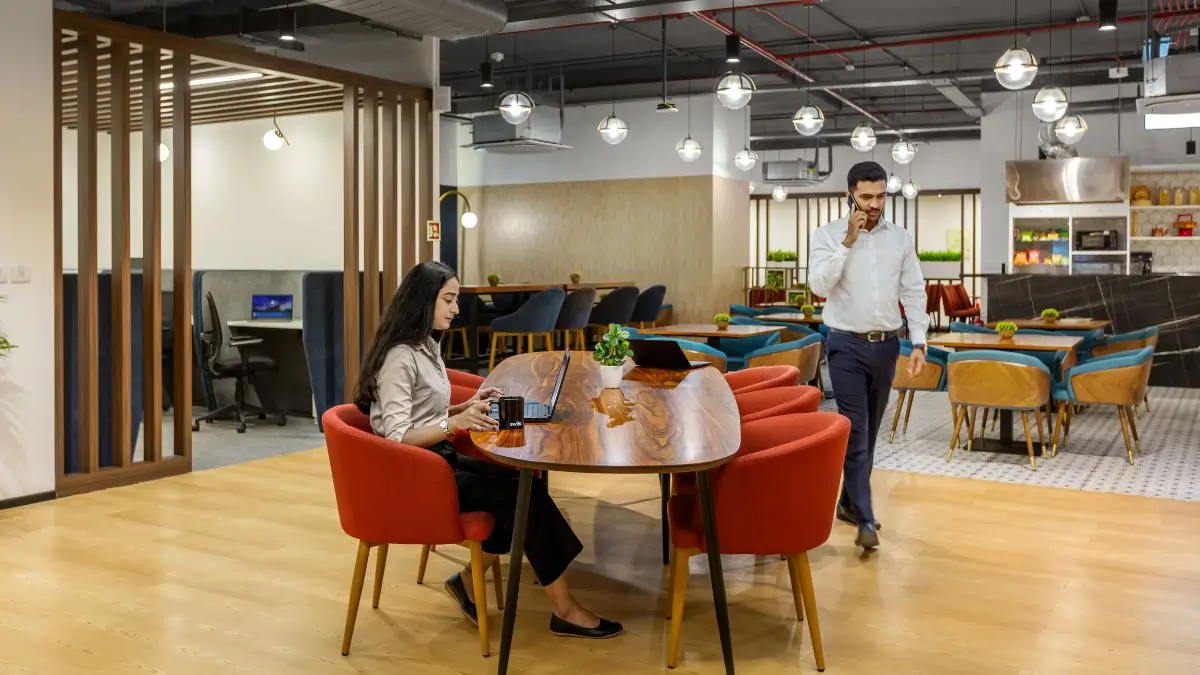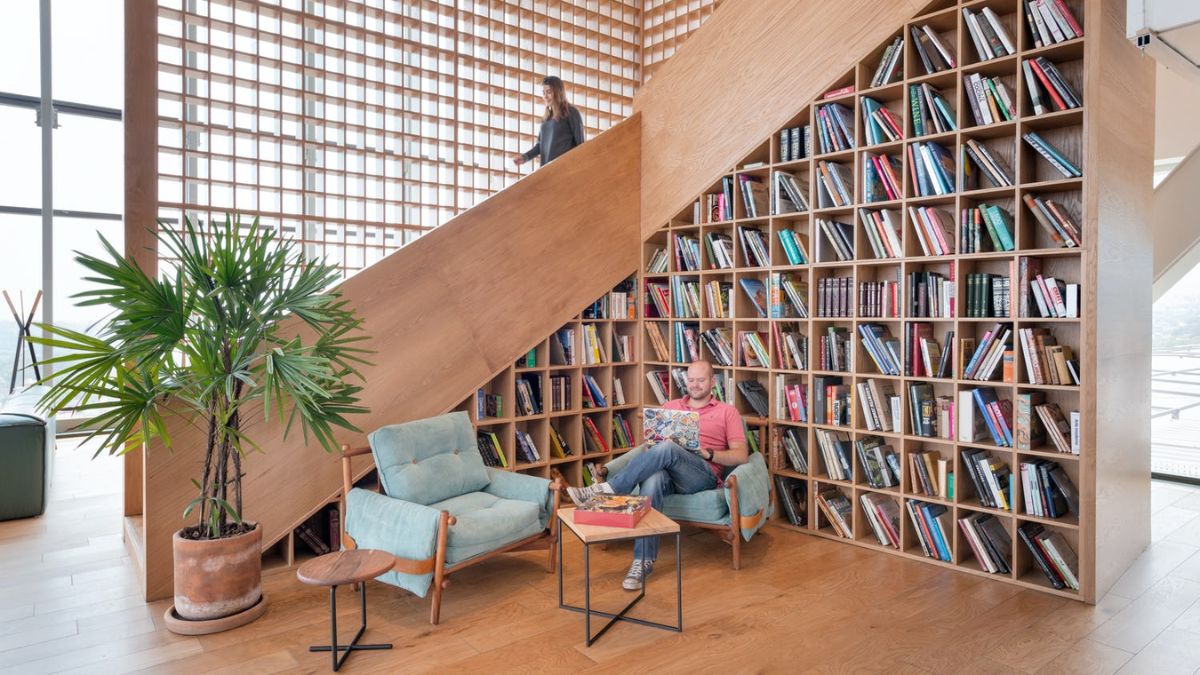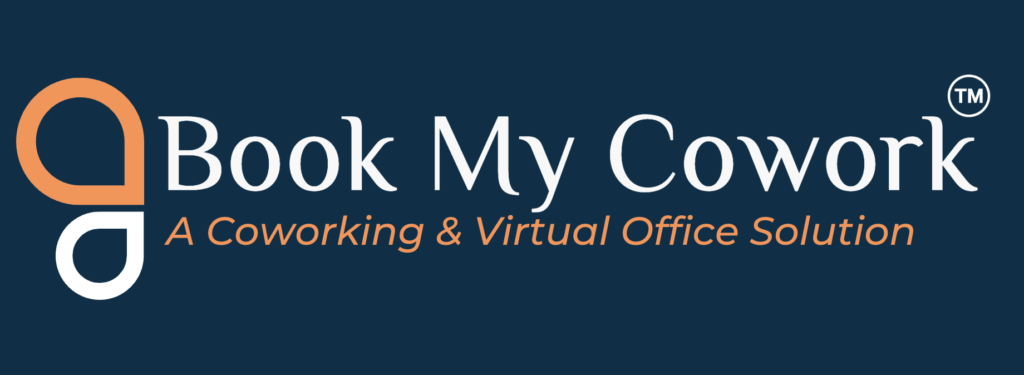The rise of the gig economy has led to a significant shift in how people work. Freelancers, digital nomads, and independent contractors are seeking more flexible environments, and coworking spaces have become a natural fit. These shared spaces offer a balance between home-office freedom and the structured environment of a traditional workplace.
Yet, with flexibility comes the challenge of maintaining productivity. Freelancers are constantly seeking ways to maximize output while balancing the allure of flexibility. Coworking spaces, when used effectively, can provide a productivity boost. Here’s a comprehensive guide for freelancers on how to optimize productivity in these dynamic environments.
Why Coworking Spaces Appeal to Freelancers
Coworking spaces have emerged as a popular solution for freelancers for several reasons:
- Networking Opportunities: These spaces often host a wide range of professionals from diverse industries. The environment offers freelancers chances to make connections, build partnerships, and find new clients.
- Access to Office Amenities: Freelancers can enjoy amenities like high-speed internet, conference rooms, and ergonomic furniture—services that are typically expensive in private setups.
- Structure and Routine: While the home-office might seem ideal, it can also come with distractions. Coworking spaces provide a structured environment that allows freelancers to focus, without the interruptions of home life.
- Community and Collaboration: Freelancers often struggle with loneliness and isolation. Being part of a coworking community provides social interaction and potential collaborative opportunities, breaking the monotony of solo work.
However, even with these benefits, simply showing up at a coworking space won’t guarantee improved productivity. There are strategic approaches freelancers should take to make the most out of these environments.
1. Choose the Right Coworking Space for Your Needs
Coworking spaces are not all created equal. It’s essential to select a space that aligns with your work habits, personality, and business needs. Here are factors to consider:
- Location: Choose a coworking space that’s easily accessible. A long commute could add stress and fatigue, eating into productive hours.
- Noise Levels: Some spaces are bustling and loud, ideal for creatives and extroverts. Others are quiet and subdued, perfect for deep focus. Test different spaces to see which environment boosts your focus the most.
- Amenities: Evaluate the services offered. Do you need private meeting rooms? A fast internet connection is a must for freelancers relying on video calls or large file uploads.
- Community: Some coworking spaces cater to specific industries or niches. Whether you’re a designer, developer, or writer, find a space where you can connect with professionals from your field.
2. Establish a Routine
Freelancers are often drawn to coworking spaces because of their flexibility, but the key to being productive is to combine flexibility with a structured routine. Set a daily schedule, and treat your coworking sessions like office hours:
- Set Working Hours: Decide in advance when you’ll start and finish work. A defined workday helps you mentally transition into “work mode,” even in a flexible environment.
- Take Breaks: Use techniques like the Pomodoro method (25 minutes of work followed by a short break). This helps you maintain focus and avoid burnout throughout the day.
- Batch Tasks: Organize your workload into blocks of time dedicated to specific tasks. For example, dedicate mornings to deep work (e.g., writing, coding) and afternoons to client meetings or emails.
3. Minimize Distractions
Even though coworking spaces provide a more structured environment than home, they can still be filled with distractions. Here’s how to minimize disruptions and stay on track:
- Noise-Canceling Headphones: These are essential for freelancers working in communal areas. Not only do they block out noise, but they also signal to others that you’re focused and prefer not to be interrupted.
- Work in Private Spaces: If possible, rent a private room or desk for tasks that require deep concentration. Some coworking spaces offer enclosed areas for freelancers who need solitude from time to time.
- Limit Socializing: While it’s tempting to network or socialize, it’s essential to set boundaries. You can schedule time for networking during breaks or at events hosted by the coworking space.
4. Utilize Technology to Stay Organized
Freelancers often juggle multiple clients and projects, so staying organized is key. Fortunately, coworking spaces are often equipped with high-speed internet and tech tools that can help boost efficiency:
- Project Management Tools: Platforms like Trello, Asana, or Monday can help you track tasks, deadlines, and project progress. These tools are indispensable for freelancers managing multiple clients.
- Time Tracking Software: Apps like Toggl or Harvest enable freelancers to monitor how much time they’re spending on each project. This not only helps with billing clients but also provides insights into how you can improve your productivity.
- Cloud Storage: Use services like Google Drive, Dropbox, or OneDrive to keep your files accessible and shareable from anywhere. Coworking spaces with reliable internet connections make cloud storage a seamless part of your workflow.
5. Engage in Coworking Space Events and Community
One of the most overlooked benefits of coworking spaces is the sense of community they foster. Many spaces organize networking events, workshops, or social gatherings that can enrich your professional life. Here’s how you can leverage these opportunities:
- Attend Skill-Building Workshops: Many coworking spaces offer workshops on digital marketing, coding, design, or business development. These can help you sharpen your skills or acquire new ones that can add value to your freelance career.
- Participate in Networking Events: Build your network by attending after-hours social events or informal coffee meetups. You never know when you might meet a potential client, partner, or collaborator.
- Collaborate with Fellow Freelancers: Working in proximity to other freelancers can open up possibilities for partnerships or collaborations on larger projects.
6. Take Advantage of Flexibility
One of the greatest advantages of being a freelancer is the ability to design your workday around your life. Coworking spaces amplify this flexibility, offering day passes, hot desks, or membership plans that can be tailored to your needs:
- Test Different Spaces: If your work involves frequent travel, consider using coworking spaces that offer multiple locations across cities or even countries. Many chains, like WeWork, allow access to global spaces, making it easy to work on the go.
- Change Your Work Environment: If you’re feeling stuck or uninspired, switch things up. Move to a different area within the coworking space or try a new location for the day. This change of scenery can spark creativity.
7. Maintain a Work-Life Balance
Coworking spaces help to create a separation between work and personal life, which can be difficult for freelancers working from home. Establishing clear boundaries between the two is crucial:
- Leave Work at the Workspace: When your workday ends, leave your tasks at the coworking space. This psychological separation makes it easier to relax when you’re at home.
- Take Care of Your Well-Being: Many coworking spaces offer wellness facilities, including yoga rooms, meditation spaces, or gyms. Taking breaks for physical activity can help clear your mind and increase productivity.
Coworking spaces present an excellent opportunity for freelancers to maximize their productivity while enjoying flexibility. By choosing the right space, establishing a routine, minimizing distractions, and leveraging community resources, freelancers can create an environment conducive to focused work and professional growth.
Ultimately, the key to success in a coworking space lies in finding the right balance between structure and flexibility, making it a space where you can thrive both personally and professionally. With the right mindset and strategies, freelancers can turn coworking spaces into productivity powerhouses.
Must Read: Why Startups Are Flocking to Coworking Spaces: 10 Game-Changing Benefits
